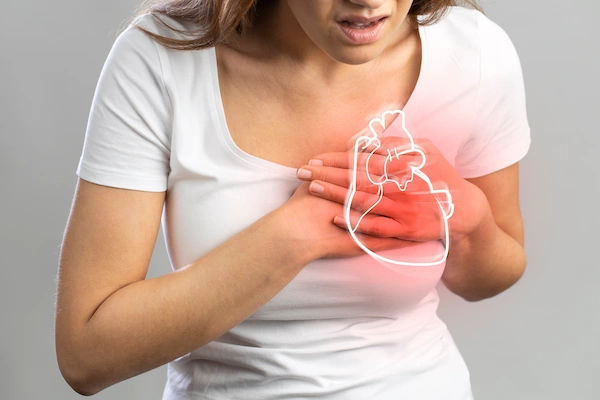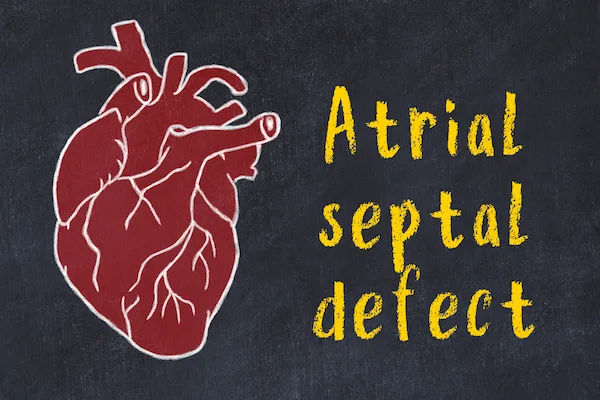- Female
- 49 Years
- 29/01/2025
I'm looking at my mom's ECG and echo reports, and I'm kind of worried. The ECG mentions poor R wave progression from V1 to V3, and the echo report says she has grade 1 left ventricular diastolic dysfunction. I'm not sure what that means. The thing is, she doesn't have any heart issue symptoms like chest pain or shortness of breath. Could you help me understand what these findings imply?
More Cardiology Health Queries
View allI've been feeling my heartbeat in my stomach lately and it's really starting to worry me. Do you have any advice on what might be causing this?
This sensation is known as pulsatile tinnitus and can be caused by various factors such as increased blood flow near the abdomen. I recommend you to consult with a doctor for further evaluation. You can take over-the-counter pain relievers like acetaminophen (Tylenol) for any discomfort.
Answered by 1 Apollo Doctors
Does your body warn you before a heart attack?
Yes the warning signs can vary between Pressure, tightness, pain, or a squeezing or aching sensation in your chest or arms that may spread to your neck, jaw or back along with Nausea, indigestion, heartburn or abdominal pain, Shortness of breath,Cold sweat,Fatigue,Lightheadedness or sudden dizziness.
Answered by 1 Apollo Doctors
I've just had an angioplasty because of a heart attack, and I'm a bit anxious about when I can start driving my scooter again. Also, Im curious about what kinds of exercise I can safely do now. I used to love swimming before the heart attack, and I'm wondering if it's okay for me to start that up again. Any advice would be greatly appreciated.
After angioplasty for MI, it is generally recommended to wait at least 1-2 weeks before driving a two-wheeler. As for exercise, you can start with light activities such as walking and gradually increase to moderate intensity exercises like cycling or jogging. Swimming can also be resumed, but it is important to start slowly and gradually increase the intensity. Remember to consult with your healthcare provider for personalized recommendations based on your individual recovery progress.
Answered by 1 Apollo Doctors
Disclaimer: Answers on Apollo 247 are not intended to replace your doctor advice. Always seek help of a professional doctor in case of an medical emergency or ailment.




